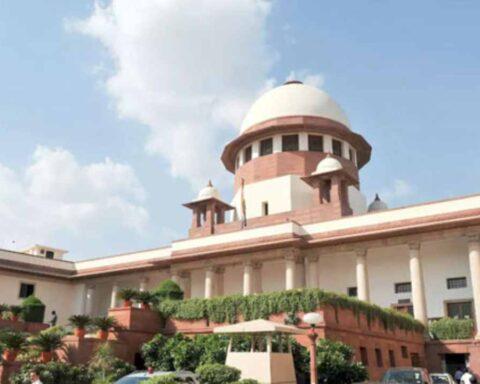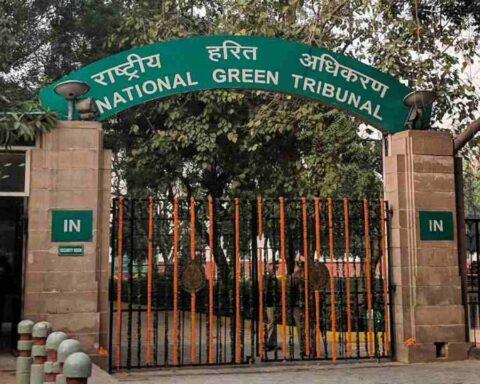The National Green Tribunal (NGT) has directed a joint panel headed by the Taj Trapezium Zone Pollution Authority and Uttar Pradesh Pollution Control Board to formulate an action plan on a petition alleging threats of environmental violation on the Yamuna River and the Taj Mahal.
The principal bench of the NGT headed by Justice Adarsh Kumar Goel was hearing a plea against the operation of stone crushers and similar industries in the Agra district for violation of environmental regulations. The pollution is adversely affecting public health and environment apart from being a hazard to the Yamuna river and Taj Mahal, it said.
Acting on the grievance, a joint committee had, on February 22, reported that some units were operational in the area. These units were extracting groundwater and exempted by the state from regulation for the small industries. It was also found that, out of 35 units, only 16 operational have valid consent from the State Pollution Control Board (SPCB). The rest of the 19 units are closed after the closure order from the SPCB.
As the lands of Tantapur, Ghaskata and Gugaband villages are not very fertile and the land is rocky, the only business is red stone cutting and selling of stone pieces, it said.
After hearing the submissions, the tribunal said, “We are of the opinion that the report mentioned above is not complete. The units in question may be small falling in Green Category as per classification of CPCB, as submitted by the State PCB. There can be no objection to helping them in all legal ways but not at the cost of the right of other citizens to access potable water and to clean environment, including conservation of groundwater meant for all.”
The court cited the apex court’s order that allowing small industries in the Taj area does not mean violating environmental rules, although the so-called green category is not really environmentally benign.
The green court has, thus, asked concerned departments to hold a joint meeting in one month and make an action plan for remedial action as per the ground situation to support sustainable development.





























